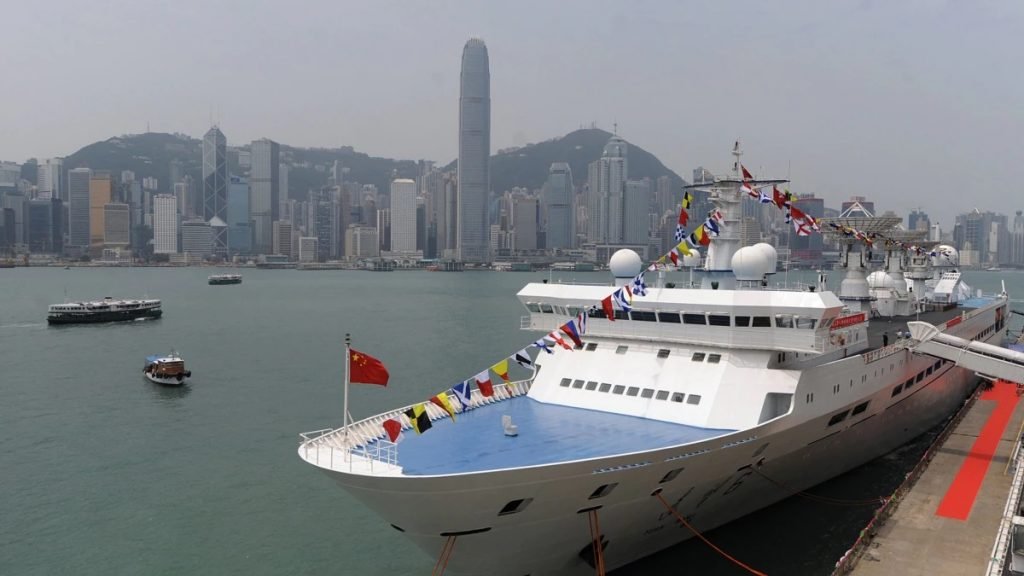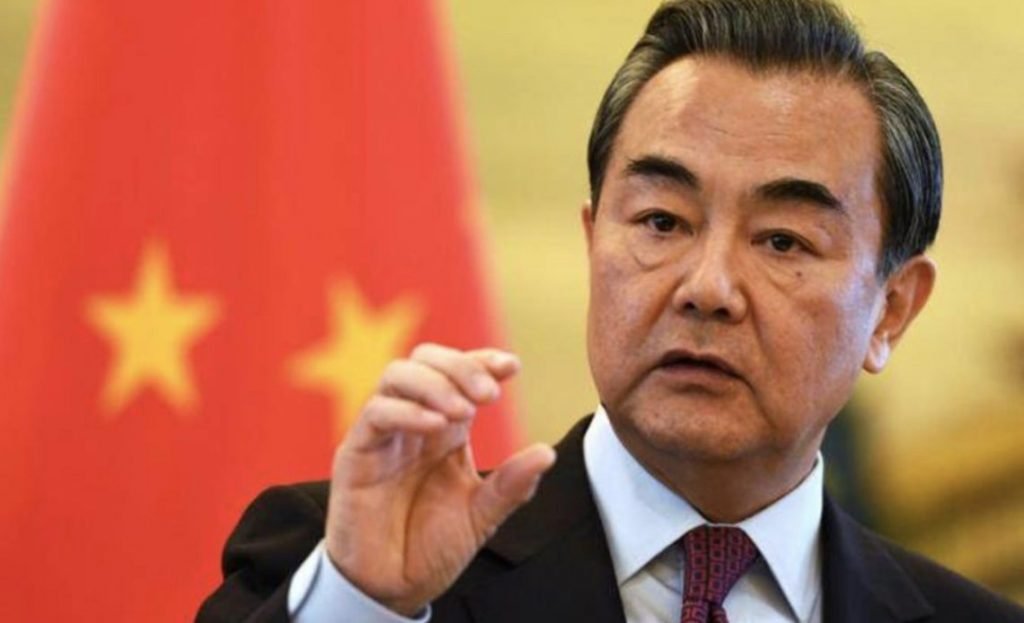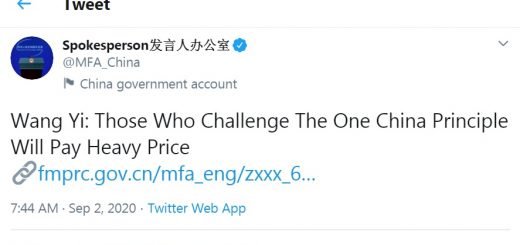Will the battered Sri Lanka be able to obey China while pleasing India?

India’s apprehensions that China is using Sri Lanka to expand its clout in the Asia-Pacific region seem to be not borne out of a far-fetched imagination. India has every reason to suspect the movement of a Chinese ship to Sri Lanka and to dock at its Hambantota port soon. India is suspecting it to be a “spy ship” and China has not bothered to discount it.
To further its clout, China is known for exploiting poorer countries like Pakistan, Sri Lanka, and many other smaller countries. It is infamously known as “debt trap diplomacy”. Earlier this year, the island country received not less than $3 billion from Beijing. When Sri Lanka is facing a major economic crisis, it is natural for India to have apprehensions that Beijing could be further exploiting Colombo.
India has rightly pressured Sri Lanka to ask China to indefinitely delay a visit by the ship—Yuan Wang 5. It is said to be en route from Jiangyin, the port of China, to reach the Hambantota port, which is managed by China in Sri Lanka, as reported by the website MarineTraffic.
While the shipping data from Refinitiv Eikon says a research and survey vessel is expected to arrive at Hambantota on August 11, India wants to believe it is a dual-use spy ship, used for space and satellite tracking as well as to launch intercontinental ballistic missile launches. At India’s request, Sri Lankan President Ranil Wickremesinghe has assured New Delhi that the visit of the ship to his country will not go ahead as scheduled. A Sri Lankan consulting firm, under the Belt & Road Initiative Sri Lanka, had put out on its website that Yuan Wang 5 would be parked for a week to conduct space tracking, satellite control, and research tracking in the north-western part of the Indian Ocean region from August to September. However, the source is not identified.

India has raised serious objections to the possible devious plans of Beijing. Indian Foreign Ministry spokesman Arindam Bagchi has said that India is cautiously watching the developments, keeping the country’s security and economic interests in view. It is taking all necessary precautions to protect them, he said, without specifying what those precautions are. He did name the country as well as the ship. Beijing, however, immediately shot back, saying that “relevant parties’’ would refrain from interfering with its “legitimate maritime activities.”
China hits out at India
On August 8, China strongly hit out India for opposing the visit of the ship. It described India’s opposition as “senseless’’ and asked New Delhi to “not disturb normal exchanges between the two countries.”
Chinese Foreign Ministry Spokesman Wang Wenbin categorically said he would like to reiterate that Sri Lanka is a transportation hub in the Indian Ocean. Many scientific exploration ships, including some from China, have used the port. China has always exercised its freedom of navigation on the high seas and fully respects the jurisdiction of coastal states over scientific exploration activities within their waters.
He did not stop at that. He believes that using the concept of security concerns to put pressure on Sri Lanka is pointless. The cooperation between China and Sri Lanka was independently chosen by the two countries and does not target third parties. He did not forget to remind us that Sri Lanka is a sovereign state that can develop relations with other countries in light of its development interests. However, he stopped short of naming India.

The Indian media, though not sure of the facts, has been analysing the security implications of such an exercise by China. The media wants to believe that China is up to something which can upset India’s security, if not immediately, then in the long run. One media report points out that the “spy vessel” could be a major threat to India’s nuclear stations as well as the ports in the southern region. However, Sri Lanka has been insisting that the ship be at Hambantota for refuelling from August 11 to 17. But New Delhi is in no mood to take it so cool.
India in recent months has gone out of its way to stand by Colombo, which is facing an unprecedented financial crisis. There is a deep calculation behind this gesture. New Delhi wanted to win the confidence of Colombo to reduce its dependence on Beijing. India wants to ensure that China doesn’t move its military base to the island country, which eventually creates major security issues. Already, China has pocketed Pakistan. The president of Sri Lanka, Mahinda Rajapakshe, has surrendered his country to China.
One thing is clear: even after Rajapakshe was deposed and despite receiving generous humanitarian assistance from India, Sri Lanka is unable to tell China not to dock the suspicious ship at the $1.5 billion Hambantota port. It is the main shipping route from Asia to Europe. The port handed over commercial activities in the port to the Chinese company in 2017 on a 99-year lease as it failed to repay its debt to Beijing.
The arrival of the ship, at the most, may be delayed at the request of Colombo. After all, the port is built and leased out to a Chinese company. Finally, India may have to see the ship parked in its backyard, making some wild and some educative guesses. In 2014, Colombo left India fretting and fuming when a Chinese submarine and a warship docked in Colombo.
Diplomatic relations between India and China are already under severe stress since the clashes on the Himalayan border in 2020. The tension is only going to escalate with the movement of China’s ship, which is perceived as a space-tracking ship. China has been going ahead with its military drills to create serious security problems for Taiwan. When such is the aggressiveness of President Xi Jinping, it is natural for India to have a trust deficit with China. Future developments will depend on how Sri Lanka tries to balance between China and India. China is making full preparations to encircle the Indian Ocean region by building its naval bases in various smaller countries. The obvious twin aims are to maintain high economic growth through trade via the ports it has built and also increase geopolitical clout. India has no choice but to work intelligently to create choke points in the Indian Ocean for China. Of course, unless sound strategies are executed, the Indian Ocean will not be India’s Ocean.


















